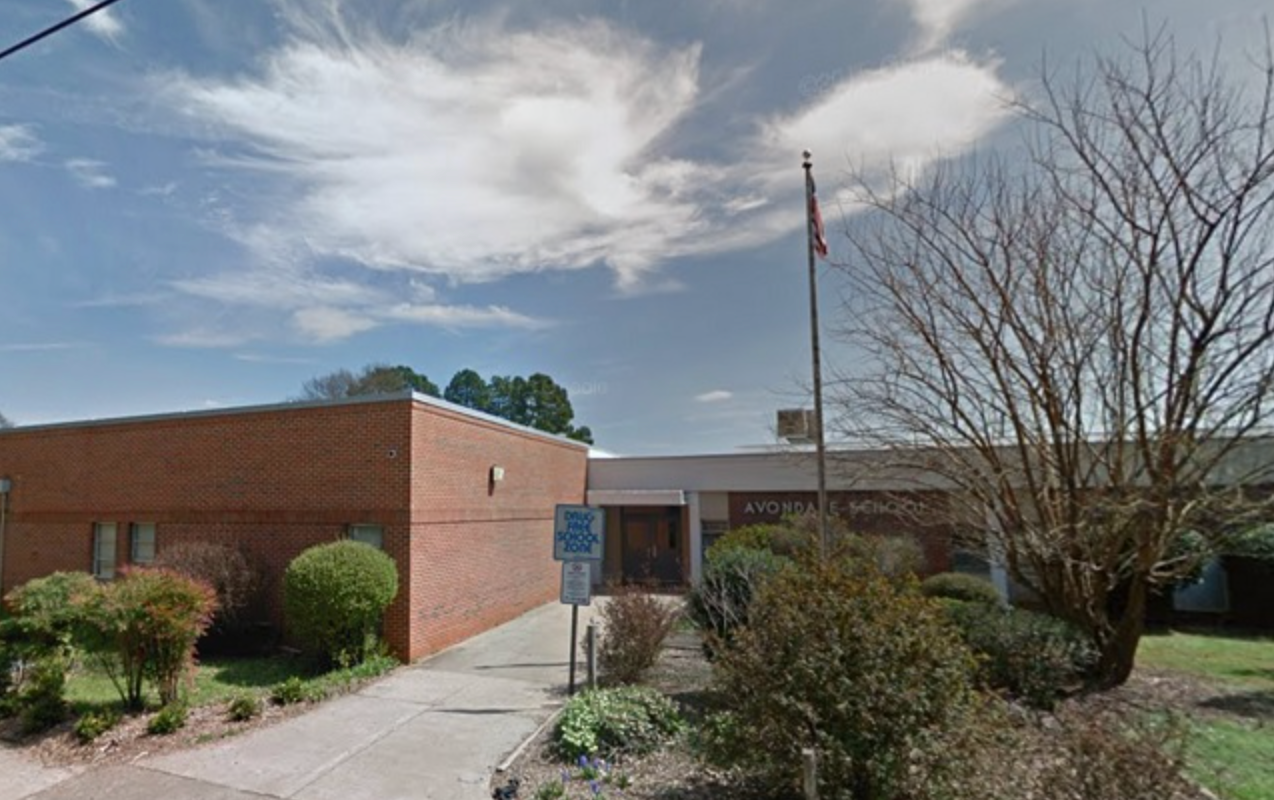Path to Shine
Spotlight Series contribution by Douglas Cumming
Every Monday afternoon during the school year,
Path to Shine brings adult volunteers together with a hand-picked group of about 12 students from Avondale Elementary School.
The goal is lofty. The students have potential for academic success, even for college and a fulfilling life in the community. But they are struggling.
Holy Trinity Parish’s Lindy Newman, who directs Path to Shine for Avondale, learned about struggling students long before in her first year of teaching elementary school. “So I started having lunch once a week with one child,” she said. “I’d bring in a sandwich and potato chips.”
It was transformative. The same slow magic can happen with the one-to-one relationships that develop in Path to Shine. For example, one bright but impulsive student used to pitch temper tantrums, but has turned out to be very personable, she said. Staying with the program since kindergarten, he now takes care of a younger kid.
Drake realized, from her work in a women’s shelter, that children without resources need to understand how important it is to finish school, go to college and stay away from bad influences. She started Path to Shine out of a Baptist church in Smyrna. Today, after Drake retired and the program transitioned to be an independent nonprofit, Path to Shine is in 13 metro Atlanta schools. Marie Davis, the current director, is hoping to expand into many more schools in Cobb County.
With Fr. Greg Tallant’s support, Lindy started the local Path to Shine. HTP thought it would be with Glenwood Elementary, across the street. But instead, it began at Avondale Elementary, 8 Lakeside Drive. With a declining student population that is 95% eligible for free and reduced lunches, the school needs resources.
When classes end at 2 p.m. each Monday, Lindy and another volunteer walk the Path to Shine students around the corner to Gospel Hope Church, the former First Baptist on Covington Road. The mentors – not “tutors” – follow a Path to Shine curriculum that includes reading aloud by the students, or by the mentors. They go outside for an activity, have a snack, do their homework and focus on the character-building traits the school stresses: kindness, responsibility, helpfulness and such.
New volunteers get two hours of training from the metro-wide program and about an hour of the state’s mandated training for abuse reporting.
The Avondale program’s greatest need now is for a volunteer who will start in the fall, usually a week after Labor Day, to discern whether to replace Lindy Newman as director the following year. In the fall of 2024, she’ll be ready to be a mentor only, not the director. And if she doesn’t find a replacement, she says, a valuable and well-running program might have to shut down.
-
Short title
Learn moreAvondale Elementary School, where Path to Shine volunteers from Holy Trinity mentor children Mondays after school.
About Us
Holy Trinity Parish is an Episcopal church located at the heart of Decatur, GA. Our mission is to open hearts to God and doors to community.

